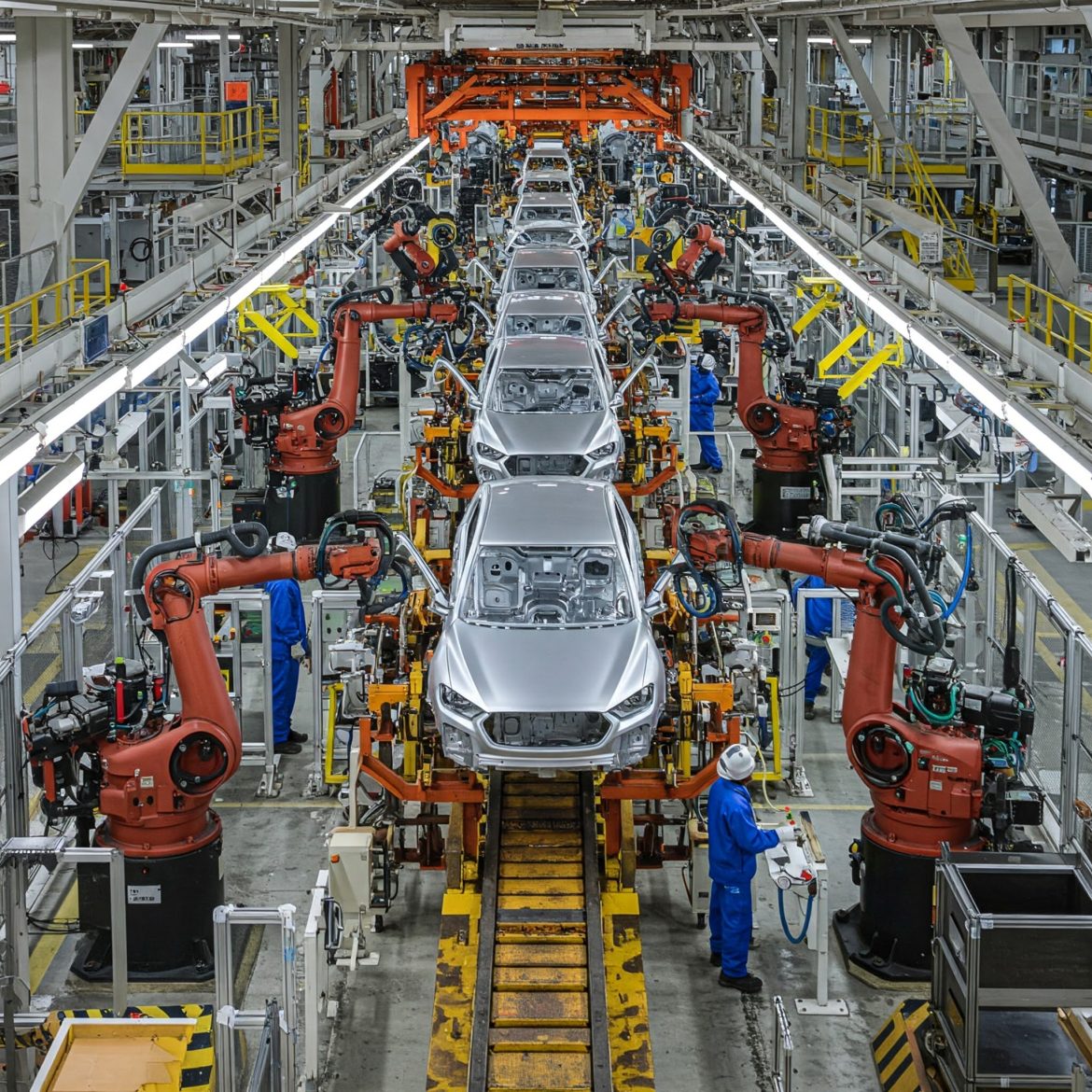The Gulf Cooperation Council (GCC) countries—comprising Saudi Arabia, the United Arab Emirates (UAE), Qatar, Kuwait, Bahrain, and Oman—are rapidly transforming their automotive sectors. Driven by economic diversification, technological innovation, and sustainability goals, these nations are shifting from being primarily importers of vehicles to becoming significant players in automotive manufacturing. This article explores the future of car manufacturing in the GCC, highlighting key trends, major industry players, and market projections.
1. Strategic Shifts in the GCC Automotive Landscape
1.1 Economic Diversification and Industrialization
GCC countries are actively pursuing economic diversification to reduce reliance on oil revenues. Initiatives like Saudi Arabia’s Vision 2030 and the UAE’s Operation 300bn aim to bolster local industries, including automotive manufacturing. These programs focus on developing domestic capabilities, attracting foreign investment, and fostering innovation in the automotive sector.
1.2 Emphasis on Electric Vehicles (EVs) and Sustainability
Environmental concerns and global trends are pushing GCC nations toward sustainable transportation solutions. Governments are investing in EV infrastructure, offering incentives for EV adoption, and setting ambitious targets for reducing carbon emissions. For instance, the UAE aims to have 50% of its government fleet as EVs by 2030.
1.3 Technological Advancements and Smart Mobility
The integration of advanced technologies such as artificial intelligence (AI), the Internet of Things (IoT), and autonomous driving is reshaping the automotive industry. GCC countries are investing in smart mobility solutions, including connected vehicles and autonomous transportation systems, to enhance efficiency and safety.
2. Major Automotive Manufacturers in the GCC
Several international and regional players are establishing a strong presence in the GCC automotive manufacturing sector. The table below outlines key manufacturers and their market positions:
| Manufacturer | Country of Origin | GCC Presence and Initiatives |
|---|---|---|
| Toyota Motor Corporation | Japan | Leading brand in the GCC; plans to expand local assembly and distribution networks. |
| Hyundai Motor Company | South Korea | Significant market share; exploring local manufacturing partnerships. |
| Nissan Motor Corporation | Japan | Strong sales in the region; considering local assembly to meet demand. |
| BMW Group | Germany | Premium segment leader; investing in EV infrastructure and services. |
| Mercedes-Benz Group | Germany | Focused on luxury EVs; collaborating with local entities for service and maintenance. |
| Lucid Motors | USA | Constructing a manufacturing facility in Saudi Arabia to produce EVs for the regional market. |
| Al-Futtaim Automotive | UAE | Regional conglomerate; assembling and distributing multiple international brands. |
| Gulf Auto | GCC | Local manufacturer; producing vehicles tailored to regional preferences and conditions. |
3. Market Size and Growth Projections
The GCC automotive manufacturing sector is poised for significant growth. According to market research, the automotive logistics market in the GCC was valued at approximately USD 6.4 billion in 2024 and is projected to reach USD 8.2 billion by 2030, growing at a CAGR of 4.9% .(Market Research Reports)
The table below summarizes the projected market sizes:
| Year | Market Size (USD Billion) |
|---|---|
| 2024 | 6.4 |
| 2025 | 6.67 |
| 2026 | 7.0 |
| 2027 | 7.4 |
| 2028 | 7.8 |
| 2029 | 8.0 |
| 2030 | 8.2 |
4. Challenges and Opportunities
4.1 Supply Chain and Infrastructure Development
Developing a robust supply chain and infrastructure is critical for the success of automotive manufacturing in the GCC. Investments in logistics, transportation networks, and industrial zones are necessary to support production and distribution.
4.2 Workforce Skill Enhancement
Building a skilled workforce is essential to support advanced manufacturing processes. GCC countries are investing in education and training programs to equip citizens with the necessary skills for the automotive industry.
4.3 Regulatory Framework and Standards
Establishing clear regulations and standards for vehicle manufacturing, safety, and emissions is vital. Harmonizing these standards with international benchmarks will facilitate exports and ensure quality.
5. Future Outlook
The future of car manufacturing in the GCC is promising, with several factors contributing to its growth:
- Increased Foreign Investment: Attractive investment climates and incentives are drawing international manufacturers to set up operations in the region.
- Technological Innovation: Adoption of Industry 4.0 technologies is enhancing manufacturing efficiency and product quality.
- Regional Collaboration: GCC countries are collaborating on initiatives to create a unified automotive market, facilitating trade and standardization.
By leveraging these opportunities and addressing challenges, the GCC is well-positioned to become a significant hub for automotive manufacturing, contributing to economic diversification and technological advancement in the region.
This article on “Automotive manufacturing in the GCC region” is published and distributed by Arab Newswire. To reach a target audience with press release distribution in the automotive industry, contact us through these messaging platforms: WhatsApp +1832-716-2363, Telegram: @groupwebmedia.


